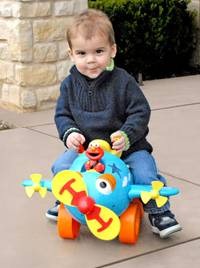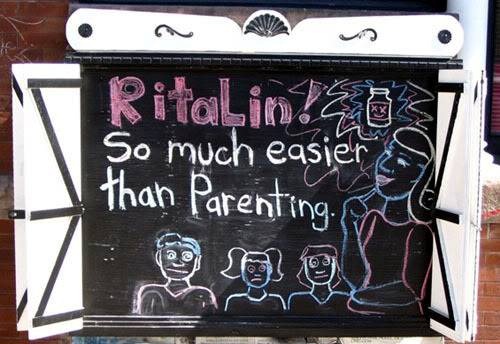
Last week, Ronit and I saw a movie that made me think there are some people with no love in their heart. Then, we attended a wedding ceremony that was all about love, and that got me thinking about parents’ role in making the world a more loving place for their children. Since Christmas is coming and we will have a lot more time with our kids, the timing is perfect.
The film we saw was called The Whistleblower. It is a story of an American police officer who works for the United Nations’ peacekeeping forces in Bosnia and uncovers a women trafficking operation. We sat on big, soft cushions on the grass at a park by the Brisbane River, the weather was perfect, the atmosphere was magical, we were happy for the chance to get away for a bit in each other’s company.
Then, the movie started.
The level of brutality shown on the screen by the traffickers towards the women, the complete disregard for the law and the strong violation of every moral system I could think of disturbed me to the core. I had to struggle to keep watching some scenes and felt terrible for poor Ronit who is generally more sensitive than I am.
When we talked about the movie in the car on the way home, we both wondered what would compel anyone to abuse another person in such a way. Our conclusion was that these people had no love in their hearts. Not romantic love. Kindness, compassion, empathy, tenderness, comradery, friendship and understanding towards another human being.















